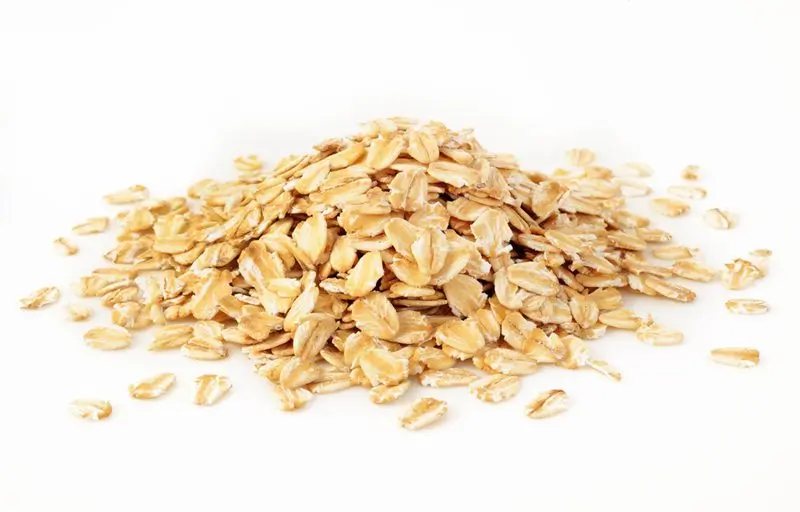It is said that breakfast is the single most important meal of the day. It’s what gets your metabolism revved up and can set you up for success in your day’s activities by providing you with energy and much-needed sustenance. Cereal can be a smart choice. Aside from the fact that it’s quick and simple — just pour and scoop! — bran flakes, shredded wheat and oatmeal are all chockfull of heart-healthy ingredients, minerals and fibre that fuel your body and keep you feeling fuller for longer.
However, all cereals aren’t built the same. The vast majority of cereals are overloaded with sugar, to the point where 25% or more of the calories come from it. Sugar is a known contributor to obesity, and it has other deleterious effects on your body as well, including your oral health.
If you consider yourself something of a cereal connoisseur, here are a few factors to keep in mind so you don’t wind up selecting varieties that can be as harmful for your pearly whites as they can be for your waistline — and in more ways than you might expect. Here is what we mean:
Put back the high-sugar cereals
Look, we get it. Sugar and cereal go together and they make a truly delicious pairing, whether your preferred flavour is fruity, chocolate, frosted, cinnamon or honey nut.
But it isn’t so much that they contain sugar that’s the problem; it’s the amount. In a single serving which is usually between three-quarters of a cup or more brand-name cereals can contain as much as 15 to 20 grams of pure sugar. According to the World Health Organisation, diets that are high in sugar is one of the main reasons why various oral health conditions arise, including gum disease (i.e. periodontitis) tooth decay (dental caries) and inflammation of the gums (gingivitis).
Do your best to select cereals that are low in sugar. Generally speaking, the lower the better. For example, regular shredded wheat whether in biscuit form or bite-sized squares contains no sugar whatsoever. There are also some slightly more expensive cereals on the market that use natural sugar substitutes (i.e. allulose, monk fruit, etc.), so you get the advantage of a sweet treat but without the harmful effects that traditional sugar can cause. You should also be mindful of your kids in this regard as well. Generally speaking, children aren’t as vigilant about brushing and flossing, so the cereals you feed them should ideally be those where sugar isn’t the first ingredient listed on the side of the box — or the second or third, for that matter.
In other words: If sugar is an ingredient in a cereal that you or your children eat, let it be an ingredient, rather than the ingredient. Do some research and choose wisely. You may find some alternative foods online that you don’t find in the grocery store aisles.
 Oats are great, but not when they’re loaded with sugar.
Oats are great, but not when they’re loaded with sugar.Avoid overly crunchy cereals
In addition to sweetness, the crunch factor is a major part of cereal’s appeal. Adding milk can lead to sogginess, but several brands now offer flavours that stay crunchy for a lot longer than you might anticipate. However, there is such a thing as too crunchy. You might be surprised by the number of people who have actually chipped or damaged their teeth after biting into a flake, kernel, cluster or even puff.
There is no single way to determine which cereals are too crunchy and which are just right. You should be mindful of the fact that you can do damage to your teeth by choosing brands or options that take a long time to chew. Just as you should choose cereals wisely, chew them wisely as well.
Steer clear of cereals that are extremely sticky
Another characteristic of many breakfast cereals these days is their stickiness. When you’re gnashing away, you may feel like the pieces are sticking to the bottoms of your upper teeth. It’s not your imagination — they are. Of course, you can always whisk the particles away with your toothbrush and by flossing, but you may not be able to get at all the residue that is left behind.
Certain cereals are worse offenders than others when it comes to the degree to which they adhere to your canines and molars. You can probably think of some that are among the most viscous in texture and consistency in comparison to others.
There is no such thing as the perfect cereal, or the perfect food of any other kind. But by choosing hot and cold breakfast cereals that are low in sugar, easy to chew and break apart easily can help keep those pearly whites of yours feeling and looking fantastic.
For more information on anything related to your oral health and hygiene, City Dentists is more than happy to be of assistance. Contact us today to set up an appointment.
